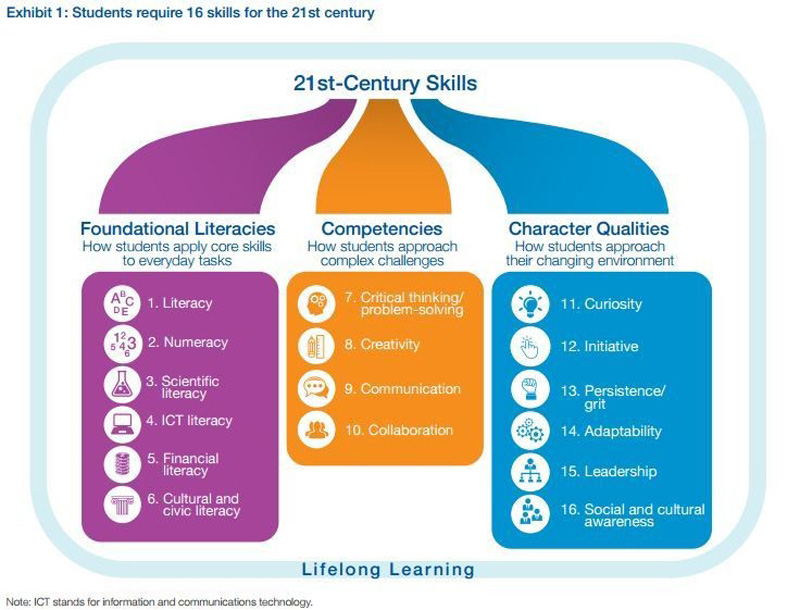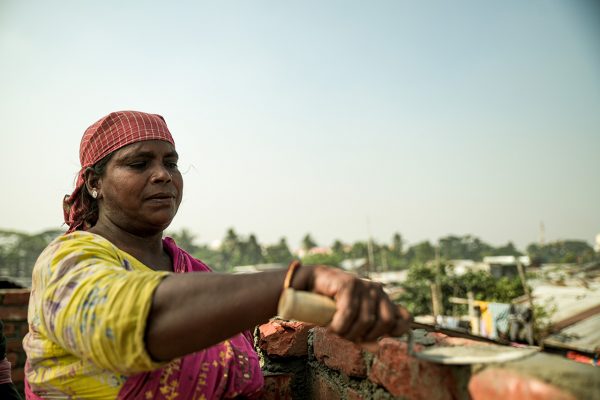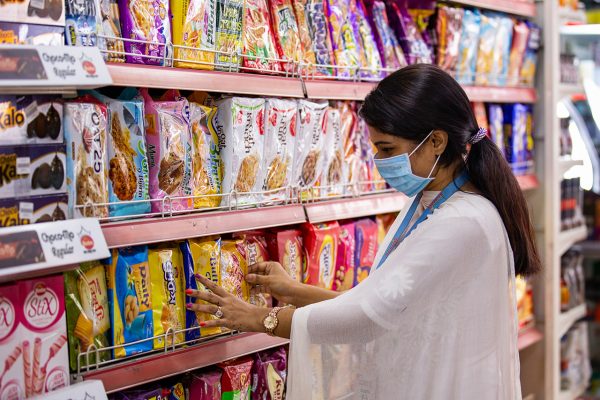The times they are a-changin’: Resilience of youth
Reading Time: 3 minutes
This year’s World Youth Skills Day is about “reimagining Youth Skills Post-Pandemic”. The skill sets for the youth are often changing and just as Bob Dylan had once prophesied, the old road (to development) is rapidly aging, and the new generation is adapting and thriving.
As an organisation, BRAC has always thought about women and children first when coming up with designs for its many programmes. From its roots in the 70s with the oral therapy extension programme, to the skills development projects like STAR and PROMISE, women and the youth have always been central in every intervention.
So, it was quite natural that in due time BRAC would come up with a platform that would cater to the youth of Bangladesh, with specific interventions to support them to adapt to an increasingly dynamic world and address issues that young people are faced with in the 21st century.
Enter the BRAC Youth Platform.
Read More: Are Bangladesh’s youth ready for the 21st century?
21st-century skills for the youth
In my youth, which was eons ago, skills usually referred to how I could bend a football like Beckham or pick up the latest Metallica offering on my guitar. In university, it applied to how I could operate a camera as a film student, and in my professional life, it was defined by how quickly I could turn in assignments.
What I’m trying to get at is the fact that skills or skill sets are never going to be the same as generations progress. In the 21st-century, skills are defined as the competencies shown in the following diagram. So how can we inculcate skills like cultural and civic literacy, or creativity, or grit into young people of today?

A changemaker’s story

Tanvir Sajol, alumni of Amra Notun Network and co-founder of Easy Door
I am often asked: What is the youth platform? How is it different from the many others that exist? I could explain these in detail, but let me start with a story.
Aspiring filmmaker and musician Tanvir Ahammed Sajol, lives in Khulna, in southern Bangladesh. When he noticed the waste polluting his city and the Sundarbans right next to it, Sajol decided to do something about it. His journey led him to BRAC’s Amra Notun Network, the flagship offering of the youth platform, where he was trained with some of the 21st century skills noted above.
Watch: Amra Notun Network Changemakers programme
Upon graduation from the network, Sajol partnered up with another member and launched Easy Door, a project that aims to address Khulna’s waste issue.
Easy Door’s staff goes door to door and collects paper and plastic waste. The waste is then sent to different recycling plants across Bangladesh.
The change that came about? Residents did not dump their plastic into the city’s waste bins which eventually ended up in landfills, clogging up rivers that tied to the Sundarbans.
When the pandemic hit, Sajol took the van used for waste collection to distribute medicine and food supplies to areas hit particularly hard during the lockdown in Khulna. He also developed a mobile application through which people can order pharmaceutical supplies. The COVID-19 situation is at its all time worst in the city now; Sajol has been using his van to supply oxygen cylinders throughout the city.
There are many such champions like Sajol. At BRAC Youth Platform, we call them changemakers. They are proactive and do not wait for change to happen – they make change on their own, with whatever they have. In the current world of COVID-19, this is what will be key in leading and adapting to the new normal.
Adapting to a new normal
At BYP, we are always changing to adapt to the new normal. Our classes were either online or offline, but now we are ready to test a hybrid approach of doing both together, with a bigger emphasis on online training. As always there are many challenges, mostly the not so dependable internet connection of the country. For example, we just finished an online course in the Chittagong Hill Tracts, where the internet connection was only stable in a nearby temple, so students huddled up on its stairs to attend. The old adage, if there’s a will, there’s a way.
Sir Fazle Hasan Abed once said: “I want all the people of Bangladesh to experience (Rabindranath) Tagore”. Imagine having a conversation with a neighbouring tea store vendor about the poems in Gitanjali. In the same manner, my hope for the youth is to be able to experience and appreciate Bob Dylan because:
“If your time to you is worth savin’
And you better start swimmin’
Or you’ll sink like a stone
For the times they are a-changin’”
Mehran Khan is the Programme Head at BRAC Youth Platform.





